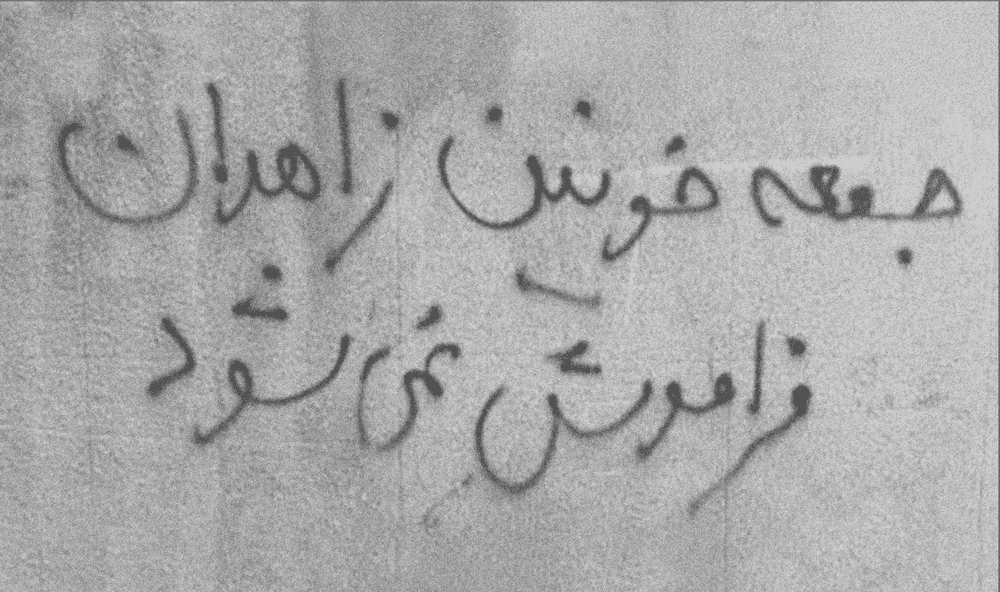4 April 2024
As an Ahwazi activist, I urgently call for the cessation of oil mulching operations in the Khasraj and Karkheh regions of Ahvaz. Since the winter of 2023, the Natural Resources Organization of Khuzestan province, Islamic Republic of Iran, has resumed these activities, with plans to mulch 900 hectares of land in the Khasraj area, situated north and west of Ahvaz. Despite Khasraj not being a dust-prone area requiring mulching, government forces have deployed mulching machinery and tankers. This development, documented by media photo reports, marks a resumption of operations halted in 2019 due to environmentalist protests.
Mulch, typically a blend of organic substances like wood chips and straw or petroleum-based materials, is spread over soil to curb erosion. The latter, sourced from refinery sediment, solidifies sand and insulates water bodies but detrimentally affects the ecosystem, exterminating flora and fauna.
Acknowledging these environmental hazards, Dawood Mirshekari of the Khuzestan Environmental Protection Organization has disapproved of petroleum mulching. Conversely, Jamal Mousavian of the region's Natural Resources and Watershed Management Organization asserts that mulching unifies soil particles, countering wind-induced erosion. Yet, this claim is contested by Hamid Reza Abbasi, a Desert Research specialist, who argues that Khuzestan's sands, being sufficiently moist, negate the need for mulching. Environmental advocates like Javad Elhaei Sahar and Shabnam Qanavatizadeh corroborate the detrimental impact on wildlife and the presence of harmful substances in oil mulch.
Activists rallied against mulching in December 2023, underscoring its carcinogenic potential and destructive ecological impact in a comprehensive letter to the Environmental Organization's chief. They argued that the dust sources are the arid Horul Azim wetland and surrounding reservoirs, not the sandy expanses of Khasraj and Karkheh.
Reports from local herders reveal the devastation of vital vegetation for livestock due to mulching near the Karkheh River and Khasraj, sparking widespread protest among them. Additionally, this venture's financial transparency remains questionable, with alleged exchanges amounting to 140 billion Tomans between governmental and private entities hinting at underlying profit motives.
Given these factors—the environmental, biological, and health risks posed by mulching—we implore international environmental bodies to intervene and halt these operations in Ahvaz's Khasraj and Karkheh locales.

Mulching has caused the loss of vegetation, the source of livestock nutrition, and has caused many problems for livestock farmers.